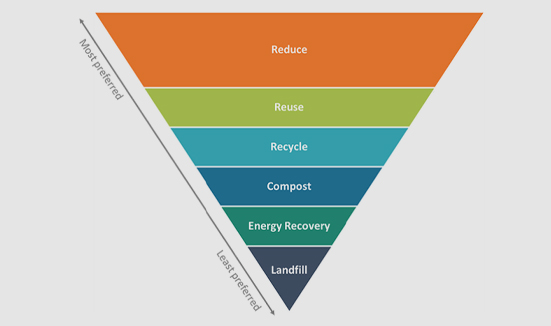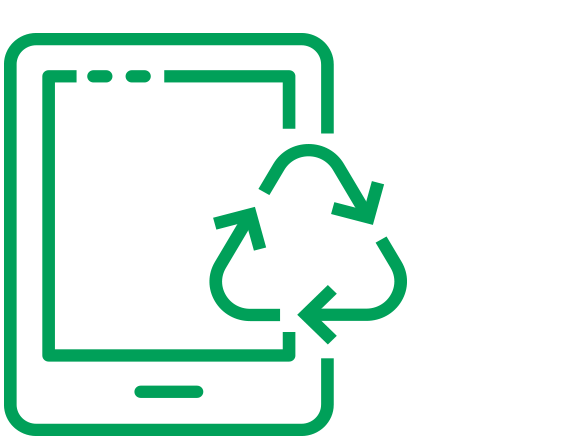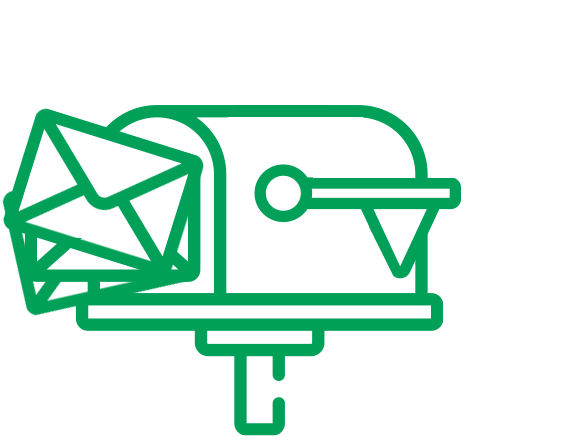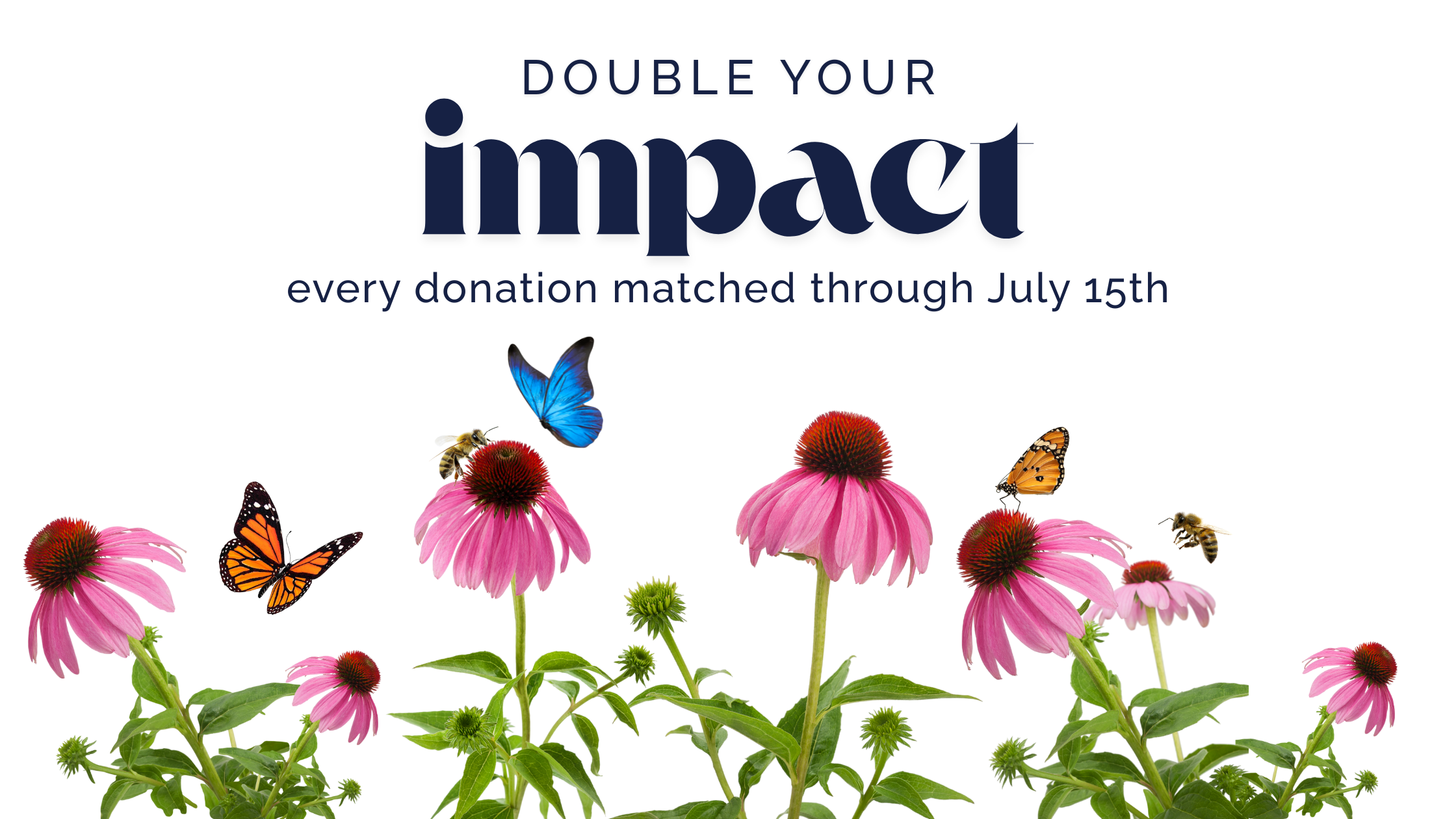WASTE
We’re getting buried in trash. The average household in New Jersey generates over 4,500 pounds of waste per year — yikes! Of course, the best way to tackle our waste problem is simply to consume less and make smarter purchasing decisions.
By reducing your consumption, your waste — and the emissions associated with trucking it to the landfill — will automatically decrease.
ONCE YOU’VE REDUCED YOUR WASTE, FOLLOW THESE STEPS TO PROPERLY HANDLE IT:
QUICK FACTS:
WASTE
RECYCLE THE RIGHT WAY.
A study of Mercer County’s waste showed that about half of our waste could be diverted to recycling or organics collections.
FEED THE SOIL.
Princeton’s voluntary residential curbside organics collection diverted nearly 2,000 tons of food and other organic waste from the landfill.
THE PRINCETON CLIMATE ACTION PLAN
Learn more.
The Princeton Climate Action Plan identifies multiple strategies to reduce our emissions from the goods and services we utilize.
Waste Reduction Hierarchy

CO2 produced within Princeton in 2018
(metric tons)










